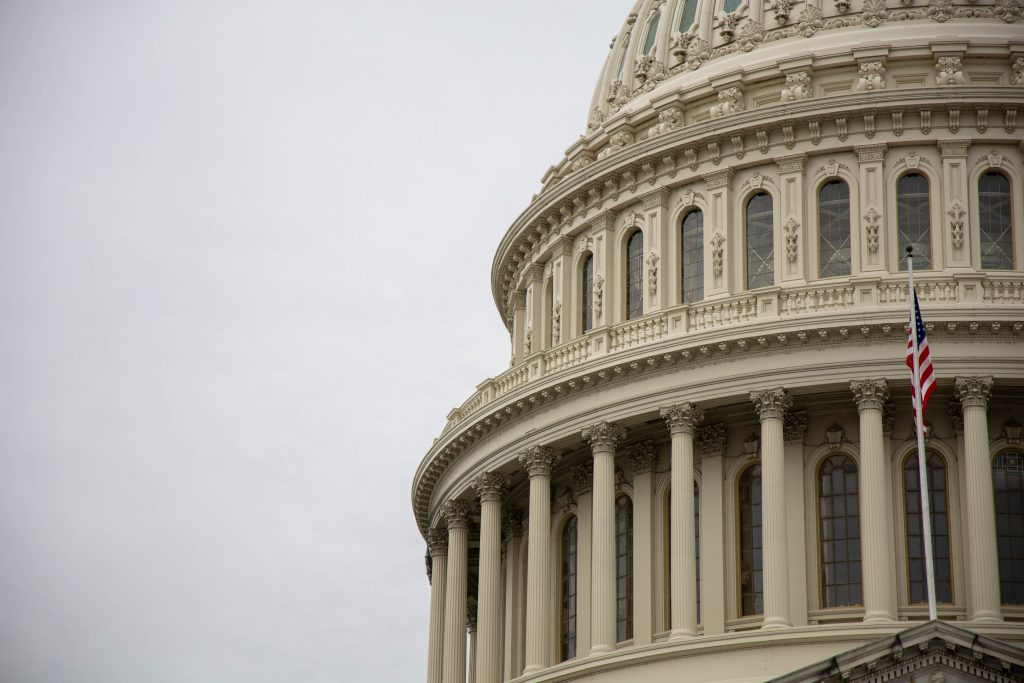Photo by Joshua Sukoff on Unsplash
Just this week, the Chinese government responded to US sanctions against Chinese officials responsible in part for the persecution and internment of millions of Uyghurs by leveling its own sanctions against US officials, notably Senator Ted Cruz, Senator Marco Rubio, Rep. Chris Smith, and Ambassador-at-Large for International Religious Freedom Sam Brownback.
This act of retribution comes just days after the United States launched sanctions against CCP government officials active in Xinjiang and known to support and fund the mass internment of Uyghurs and other ethnic Muslims in ‘re-education’ camps where the detainees are subject to physical abuse and re-indoctrination. US Secretary of State Mike Pompeo, in a statement regarding the sanctions waged against Chinese officials, said:
“The United States will not stand idly by as the Chinese Communist Party carries out human rights abuses targeting Uyghurs, ethnic Kazakhs and members of other minority groups in Xinjiang, to include forced labor, arbitrary mass detention and forced population control, and attempts to erase their culture and Muslim faith.”
Just as the sanctions against Chinese officials were targeted towards individuals who have been confirmed to hold leadership or influence in the ‘persecution plan’ against Uyghurs- involving construction of detention centres, mass surveillance and facial recognition programs, arbitrary and prolonged arrest, etc.- the sanctions that China has responded in kind with specifically target US officials that have either been vocal about religious freedom in general or have publicly criticized China’s treatment of its religious minorities, or both.
Spokeswoman of China’s foreign ministry, Hua Chunying, claimed that such criticisms and condemnations by the United States against Chinese state-sponsored religious persecution are “interfering in China’s international affairs,” and that “the Xinjiang affairs are China’s internal affairs and the US has no right to interfere.” Spokeswoman Hua follows this statement by urging the United States to withdraw the sanctions for the sake of future bilateral relations.
China’s swift response should send a message to the United States that, despite the façade of fearlessness and aggression that it has maintained for decades, public sanctions do worry China by making the world realize the authoritarian regime’s moral bankruptcy and lack of credibility. In fact, the United States should continue to raise sanctions against CCP authorities not only involved in the persecution of Uyghurs in Xinjiang, but also those who are responsible for the persecution against China’s other religious communities such as Christians, Tibetan Buddhists, and Falun Gong practitioners.
In response to the sanctions, Senator Cruz tweets humorously: “I am proud to speak up for the millions who have been silenced, persecuted, and tortured by the CCP, and stand up against the CCP’s egregious human rights atrocities,” and that, “Unfortunately for CCP officials, I don’t have plans to travel to the authoritarian regime that covered up the coronavirus pandemic and endangered millions of lives worldwide.”

